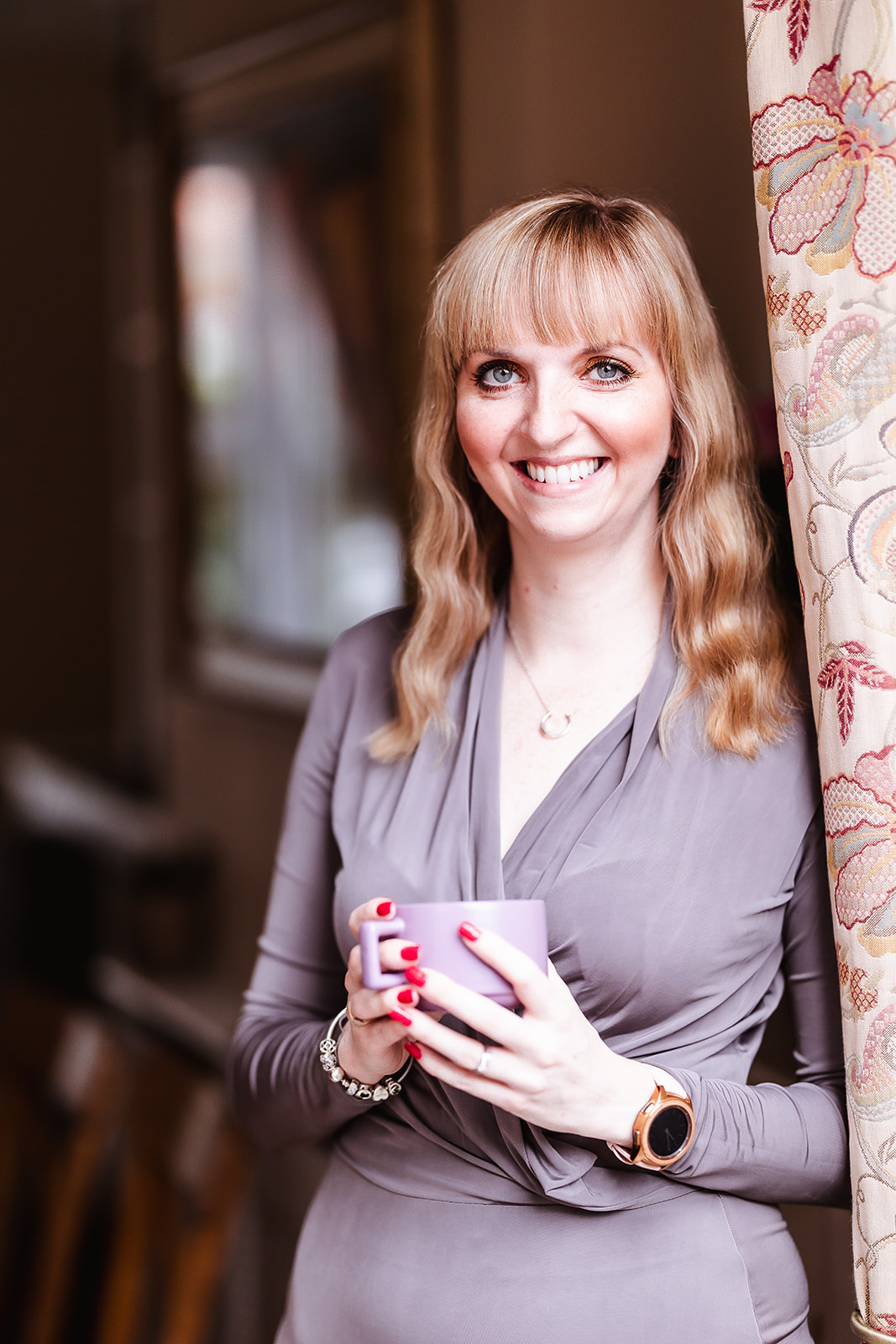What attracted you to become a therapist?
I have always been fascinated by people, their backgrounds, how they present to the world and how they perceive themselves. This is, perhaps, why people often share their experiences with me and why, as a teacher, I gravitated towards working in safeguarding rather than curriculum.
My many years in education, as a Deputy Designated Safeguarding Lead, made me realise that there is nothing more important than helping people to feel better.
My own experience of therapy also allowed me to see, for myself, how powerful it can be to enable people to help themselves.
Where did you train?
The National College of Hypnosis and Psychotherapy NCHP , under the inspiring leadership of Stuart and Carlie, whose depth of knowledge, unwavering support, and superb tuition have enabled me to be where I am today.
The NCHP has been training psychotherapists for over 45 years and specialises in incorporating hypnosis as an effective therapeutic tool, as part of a solution-focused, integrative and person-centred approach.
Can you tell us about the type of therapy you practise?
I integrate hypnotherapy with psychotherapeutic training, at Master's level, and use hypnosis as a tool within my therapy. The psychotherapeutic training allows me to select from a range of approaches to find the right fit for each individual client.
At the heart of my work is a person-centred approach but I enjoy working with a range of modalities to suit each client's unique needs.
How does hypnotherapy help with symptoms of anxiety?
Hypnotherapy activates the parasympathetic nervous system which makes it extremely effective for anxiety and stress, by calming the body's natural stress response and enabling the relaxation response. As it has the ability to facilitate this relaxed and focused state, however, it can also be a really helpful tool for exploring any issue at a deeper level.
What sort of people do you usually see?
I see a variety of clients as it is really important to me that I deal with people rather than issues. I always welcome the chance to discuss whatever someone is struggling with over the phone and I offer a free 15 minute call for this purpose.
Have you noticed any recent mental health trends or wider changes in attitude?
There are certainly increasing concerns about mental health in society, and some issues appear to be more prevalent today, especially since the pandemic, but the positive side to this is that it has resulted in an increase in research and understanding and a decrease in the stigma surrounding mental health, enabling people to seek support.
What do you like about being a therapist?
It is an honour and a privilege to listen to someone's story and to be able to explore this with them, in a collaborative and supportive way.
What is less pleasant?
The administration side. I'm far happier when working with clients.
How long have you been with Welldoing and what you think of us?
I'm pretty new to this but I like the idea of clients being able to match with therapists on a platform that considers qualifications carefully, as these professions are not yet protected in the UK which means that clients need to be aware of the differing qualification levels and bodies attached to them.
I look forward to engaging with the CPD that Welldoing offers.
What books have been important to you in terms of your professional and personal development? Do you ever recommend books to clients?
- The Body Keeps the Score by van der Kolk, is an obvious but worthy mention, as an amazing account of trauma and the biology and psychology behind it
- On Becoming a Person by Rogers ,was inspirational to me, as a therapist, in outlining the philosophy of person-centred therapy and arguably influencing every modality of therapy since its publication
- Mind Over Mood by Greenberger and Padesky, is the book I most commonly recommend to clients, as it offers strategies and skills that they can use to help themselves which can be really powerful

